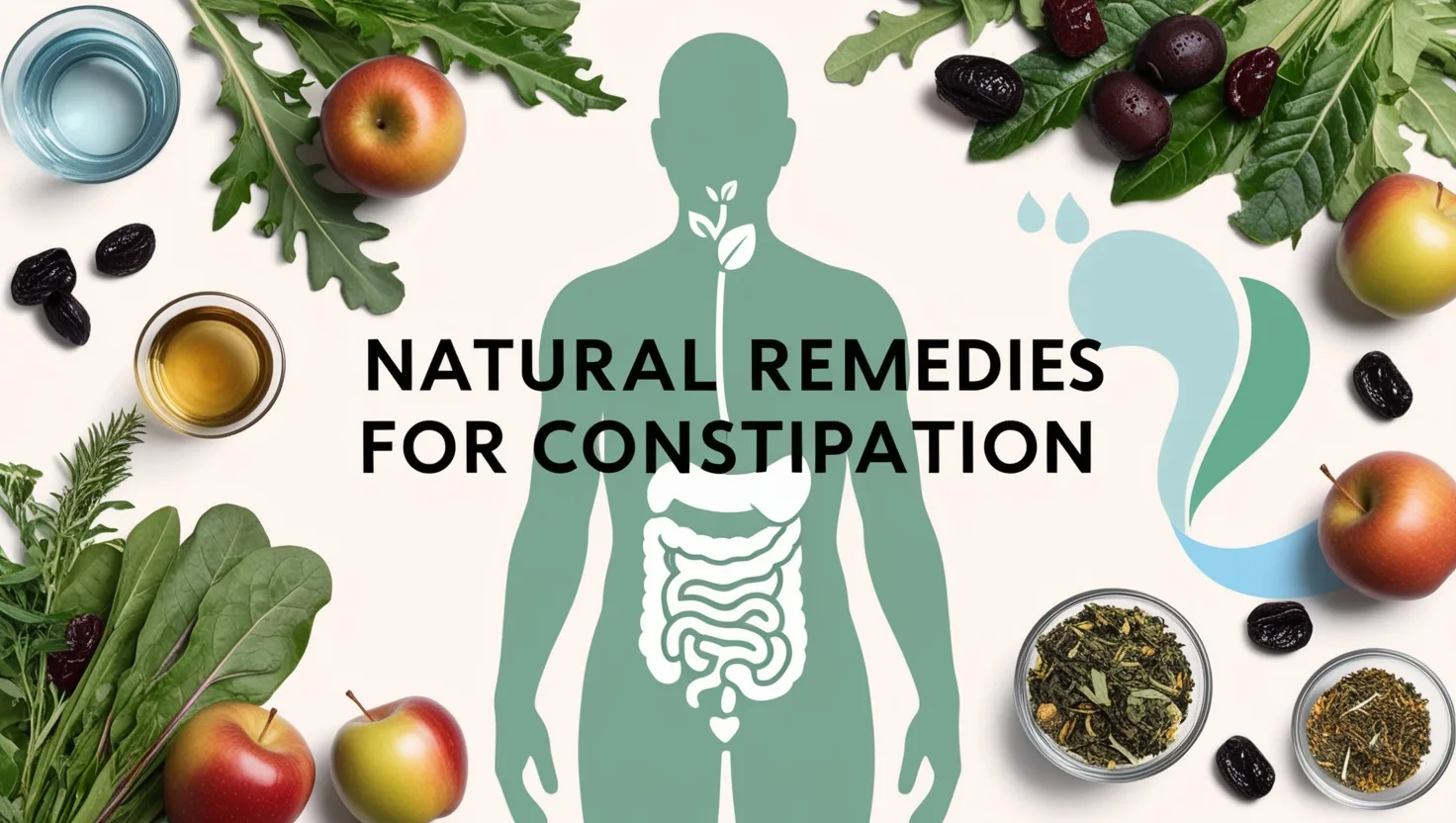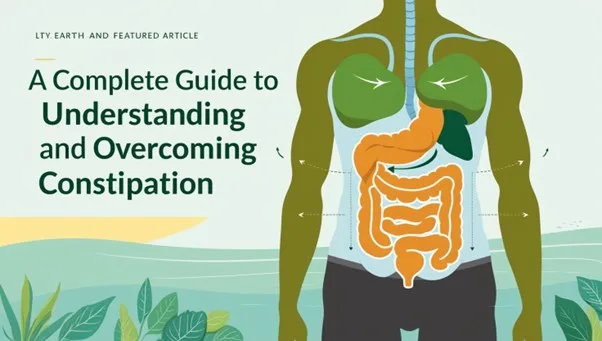Understanding: What is constipation?
Definition and Symptoms:
Constipation is a common digestive issue that affects millions of people worldwide. It’s characterized by infrequent bowel movements, difficulty passing stools, or the sensation of incomplete evacuation. Symptoms often include straining, hard or lumpy stools, and abdominal discomfort. As someone who has dealt with occasional constipation, I can attest to how uncomfortable and frustrating it can be.
Frequency of Bowel Movements:
While many believe daily bowel movements are necessary for good health, this isn’t always the case. The normal frequency can vary from three times a day to three times a week. What’s most important is consistency and comfort. If you’re experiencing a significant change in your usual pattern, it might be time to pay attention.
Differences Between Acute and Chronic Constipation:
Acute constipation is a transient issue that frequently goes away on its own or with easy fixes. On the other hand, chronic constipation lasts for weeks or months and can need more extensive care. I once went through a period of severe constipation during a trip due to a change in diet, but it soon went away with more water and meals high in fiber.
Common Causes of Constipation:
Dietary Factors
A diet low in fiber and high in processed foods is a common culprit. I’ve noticed that when I neglect my vegetable intake and indulge in too many refined carbohydrates, my digestive system slows down considerably, and that could happen to anyone.
Lifestyle Choices
Lack of physical activity, ignoring the urge to have a bowel movement, and not allowing enough time for bathroom visits can all contribute to constipation. As someone with a desk job, I’ve found that making time for regular exercise and respecting my body’s signals has made a significant difference.
Medical Conditions and Medications
Certain health issues like hypothyroidism, diabetes, and neurological disorders can lead to constipation. Additionally, some medications, particularly pain relievers and antidepressants, may have constipation as a side effect. Always consult your healthcare provider if you suspect your medication might be causing issues.
Diagnosing Process:
When to See a Doctor
If you’re experiencing persistent changes in bowel habits, severe abdominal pain, or blood in your stool, it’s crucial to seek medical attention. I once ignored these symptoms for too long, which led to unnecessary discomfort and worry.
Physical Examination and Medical History
Your doctor will likely perform a physical exam and ask about your symptoms, diet, and lifestyle. Be prepared to discuss your bowel habits openly – remember, doctors have heard it all before!
Search “Constipation doctor near me” to find the best doctor to consult.
Diagnostic Tests and Procedures
In some cases, further testing may be necessary. This could include blood tests, imaging studies, or even a colonoscopy. While these procedures might seem daunting, they’re essential for ruling out more serious conditions.
Natural Remedies for Constipation

Dietary changes and fiber intake
Increasing your fiber intake through fruits, vegetables, and whole grains can work wonders. I’ve found that adding a serving of prunes to my breakfast has made a noticeable difference in my regularity.
Hydration and exercise
Drinking plenty of water and engaging in regular physical activity can help keep things moving. Even a short daily walk can be beneficial. I make it a point to carry a water bottle throughout the day as a reminder to stay hydrated.
Herbal remedies and supplements
Some people find relief with herbal teas like peppermint or ginger, or supplements like psyllium husk. You can also see the constipation medicine in Pakistan.
Click to see the best medicine for constipation in Pakistan.
Medical Treatments for Constipation
Over-the-counter laxatives
Various types of laxatives are available without a prescription. These can be effective for occasional use, but shouldn’t be relied upon long-term. I’ve used osmotic laxatives in the past with good results, but always under my doctor’s guidance.
Prescription medications
For chronic constipation, your doctor may prescribe medications that work to increase bowel movements. These can be very effective but should be used as directed.
Surgical interventions for severe cases
In rare, severe cases of constipation, surgical intervention may be necessary. This is typically a last resort when other treatments have failed.
Preventing Constipation
Long-term dietary adjustments
Adopting a high-fiber diet rich in fruits, vegetables, and whole grains can help prevent constipation in the long run. I’ve made it a habit to include a variety of colorful vegetables in my meals each day.
Developing healthy bathroom habits
Establishing a regular bathroom routine and not ignoring the urge to go can make a big difference. I’ve found that setting aside time each morning for a relaxed bathroom visit has helped regulate my system.
Stress management and lifestyle modifications
Stress can impact digestion, so finding effective ways to manage stress is important. For me, regular meditation and yoga have not only reduced stress but also seemed to improve my overall digestive health. You can also make this your habit.

Special Considerations for Different Age Groups
Constipation in infants and children
Constipation in children can be concerning for parents. Dietary changes and encouraging regular bathroom habits are often helpful. As a parent, I’ve learned that patience and positive reinforcement go a long way in helping children develop healthy bowel habits.
Pregnancy-related constipation
Hormonal changes and physical pressure on the intestines can lead to constipation during pregnancy. Safe management strategies should be discussed with a healthcare provider.
Constipation in older adults
Older adults may be more prone to constipation due to decreased mobility, medications, or underlying health conditions. Regular exercise and a fiber-rich diet are particularly important for this age group.
Complications of Untreated Constipation
Hemorrhoids and anal fissures
Straining during bowel movements can lead to hemorrhoids or small tears in the anal tissue. These can be painful and may require medical treatment.
Fecal impaction
In severe cases, hardened stool can become stuck in the rectum, leading to fecal impaction. This can be a serious condition requiring immediate medical attention.
Long-term health risks
Chronic constipation has been associated with an increased risk of colorectal cancer and other digestive disorders. This underscores the importance of addressing constipation promptly and effectively.
For more information and to purchase medicines, visit eHomeo Store.
Summary
Constipation, while common, can significantly impact the quality of life if left unaddressed. By understanding its causes, implementing preventive measures, and seeking appropriate treatment when necessary, most people can find relief and maintain healthy bowel function. Remember, everyone’s digestive system is unique, so what works for one person may not work for another. Don’t hesitate to consult with a healthcare provider if you’re struggling with persistent constipation.
Frequently Asked Questions
Is constipation always a sign of a serious health problem?
No, constipation is often due to dietary or lifestyle factors and can be managed with simple interventions. However, if constipation is persistent or accompanied by other concerning symptoms, it’s important to consult a healthcare provider.
How long can I safely use laxatives?
Over-the-counter laxatives should generally be used for short periods only. Prolonged use can lead to dependence and other health issues. Always follow the instructions on the package and consult with a healthcare provider for protracted use.
Can probiotics help with constipation?
Some studies suggest that certain probiotic strains may help alleviate constipation. However, more research is needed. If you’re considering probiotics, discuss it with your healthcare provider to find the most appropriate option for you.
Are there any foods I should avoid if I’m prone to constipation?
Foods low in fiber and high in fat, such as cheese, meat, and processed foods, may contribute to constipation in some people. It’s best to focus on a balanced diet rich in fruits, vegetables, and whole grains.
How can I tell if my child is constipated?
Signs of constipation in children may include less frequent bowel movements, hard or dry stools, abdominal pain, and soiling accidents. If you’re concerned about your child’s bowel habits, it’s best to consult with their pediatrician.

